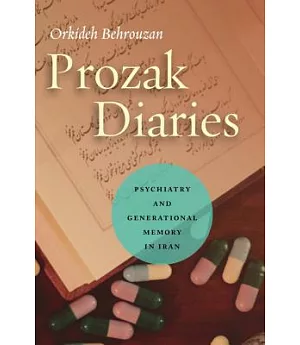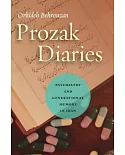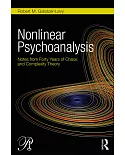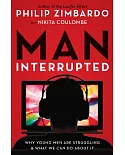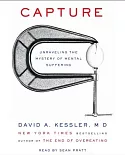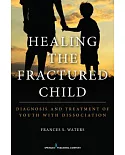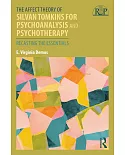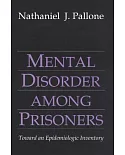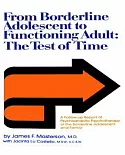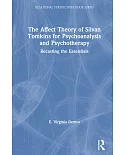By the close of the 1990s, a Persian psychiatric vernacular had become widespread in Iranian media, art, literature, and blogs.Depreshen became street slang among youth, as did the
Persianized catchall term for antidepressants,Prozak. People began to speak publicly and commonly about their prescriptions forghors-e a’sab, nerve pills, and of
depreshen as an epidemic, a crisis, or, jokingly, a national trait. Everyone allegedly knew someone who wasdepress. But there was more to this medicalization of life than meets
the eye. Psychiatry provided a new legitimized and sanctioned language for making sense of life and talking about emotion and memory.
While Iran dominates the world’s political imagination, three decades of restricted access have limited interdisciplinary and situated analyses of Iranian cultural and generational
shifts.Prozak Diaries combines clinical and anthropological perspectives in order to examine one such transformation: the post-1990s epistemic and generational shift in the ways that
Iranians understand and articulate their individual, social, and historical experiences through the language of psychiatry.

